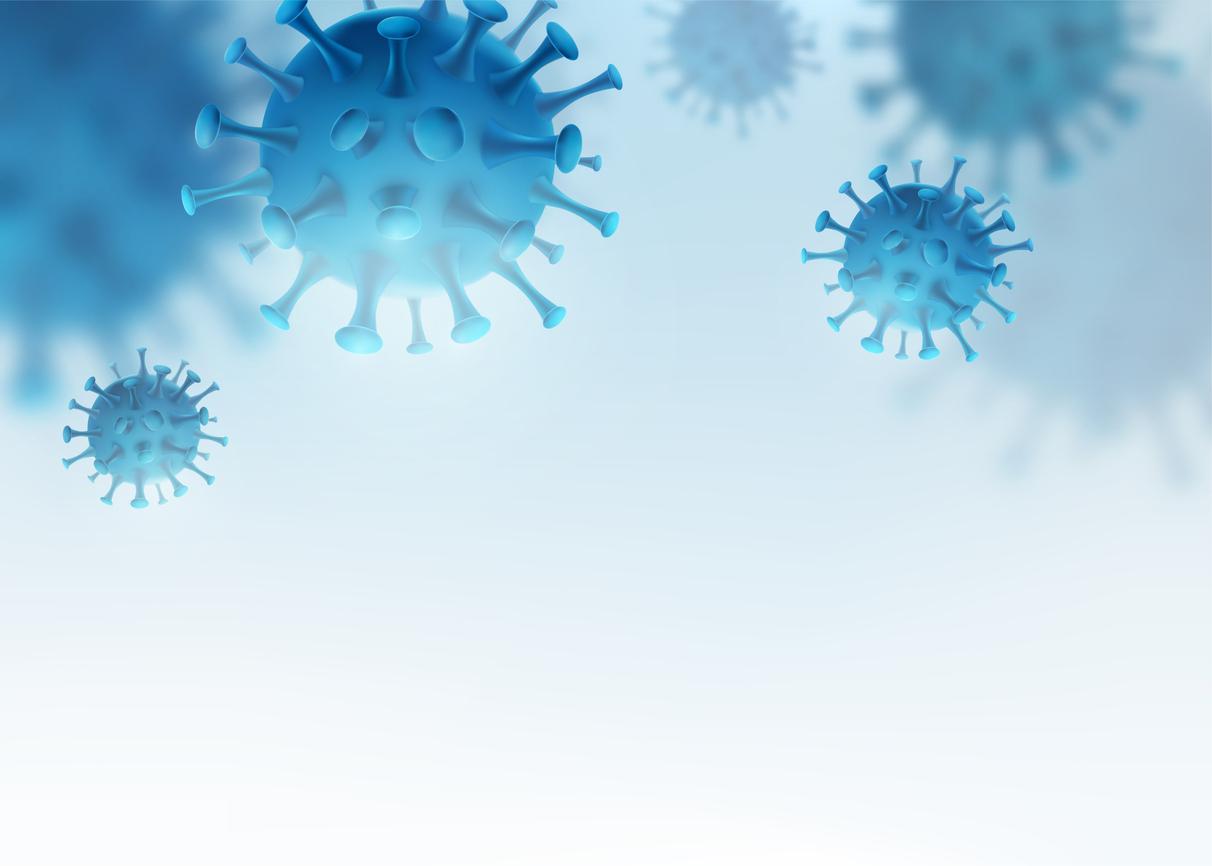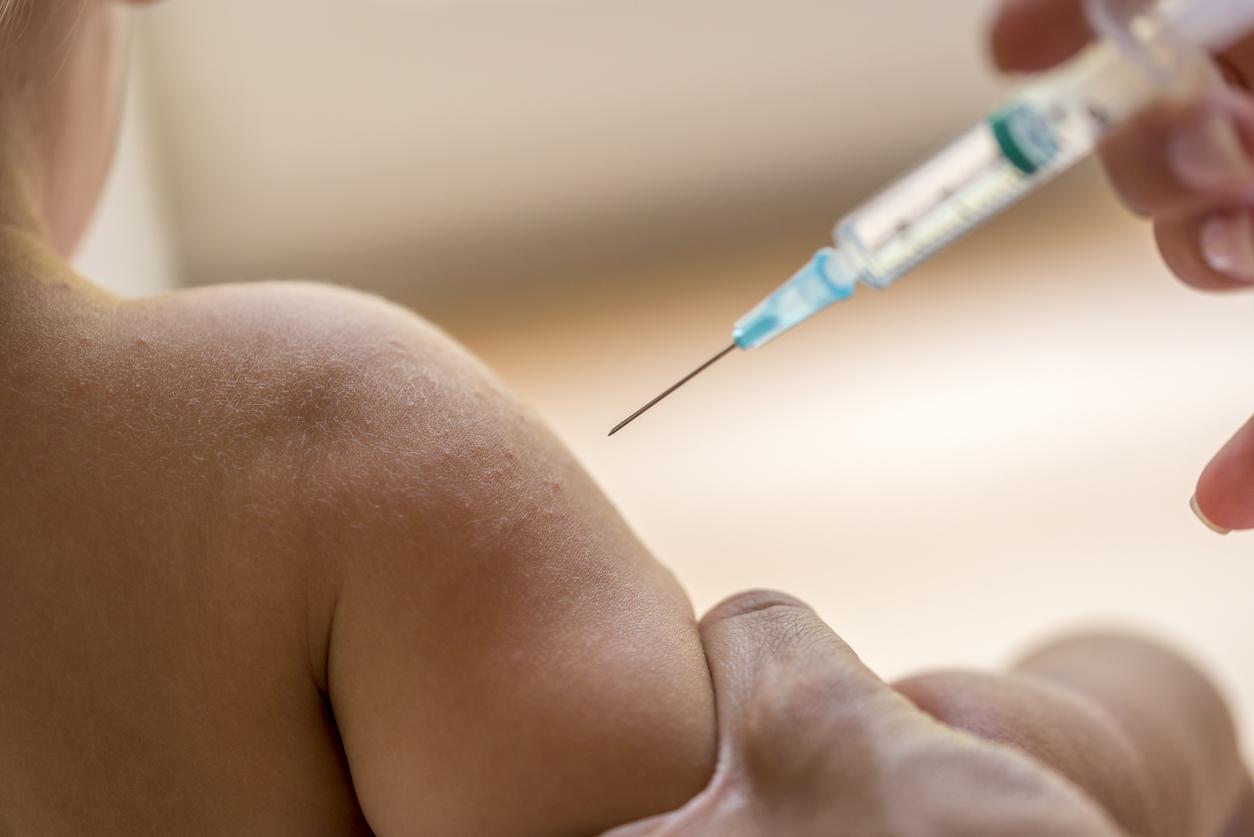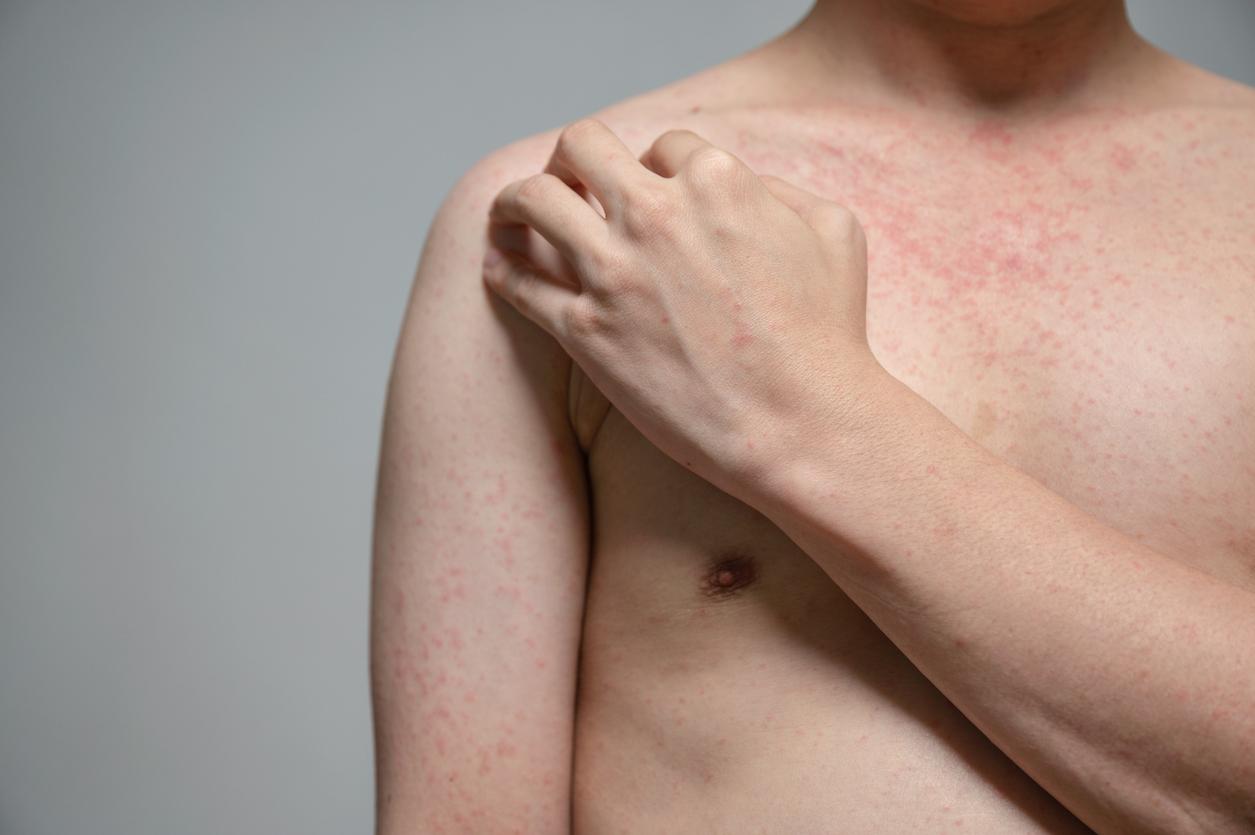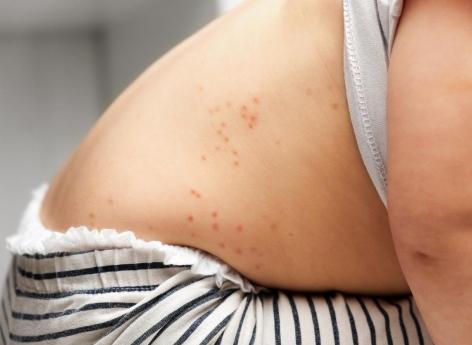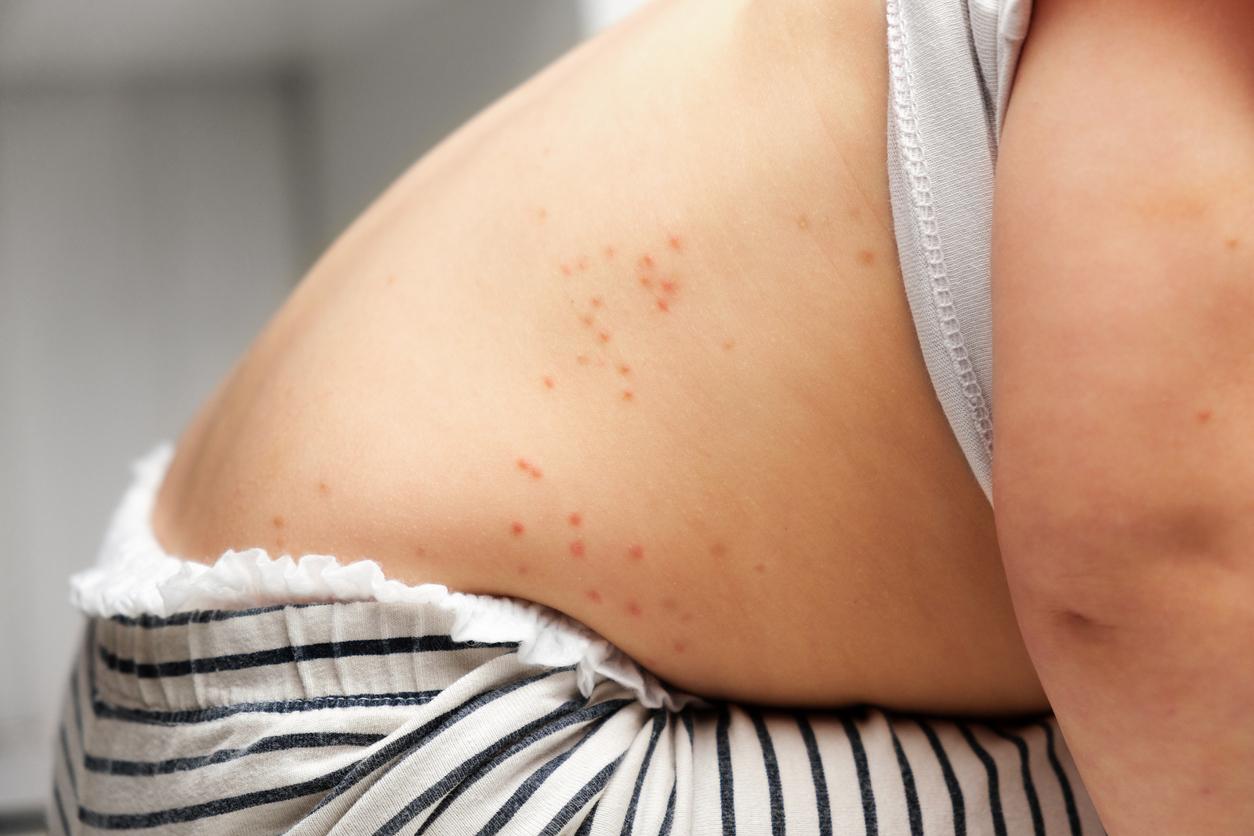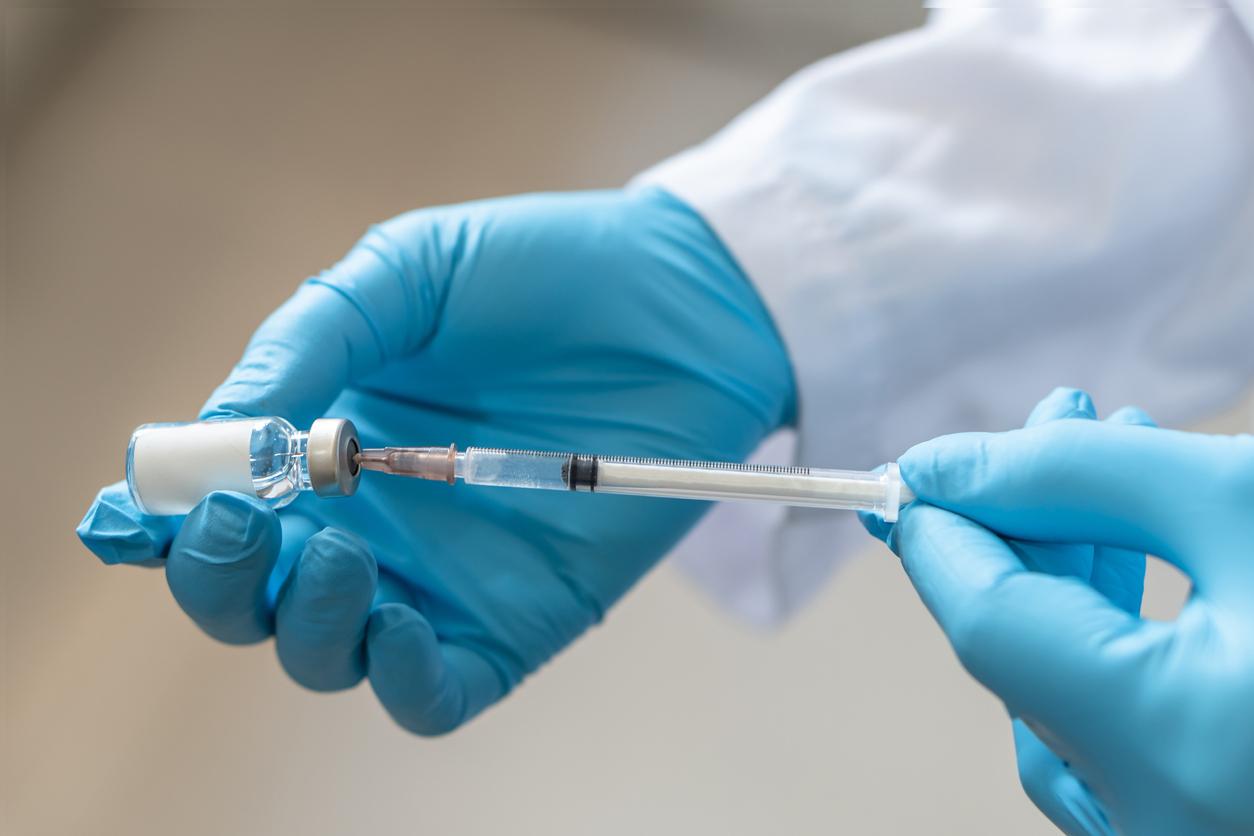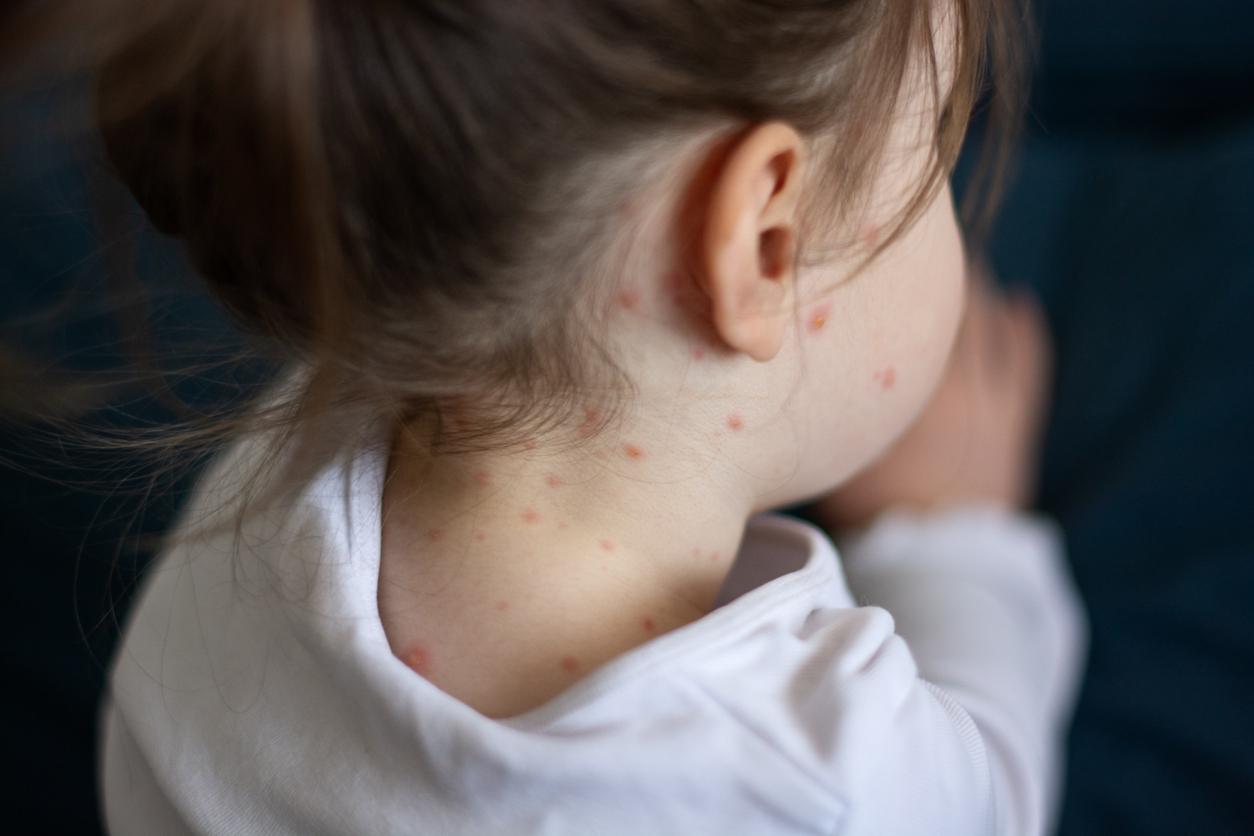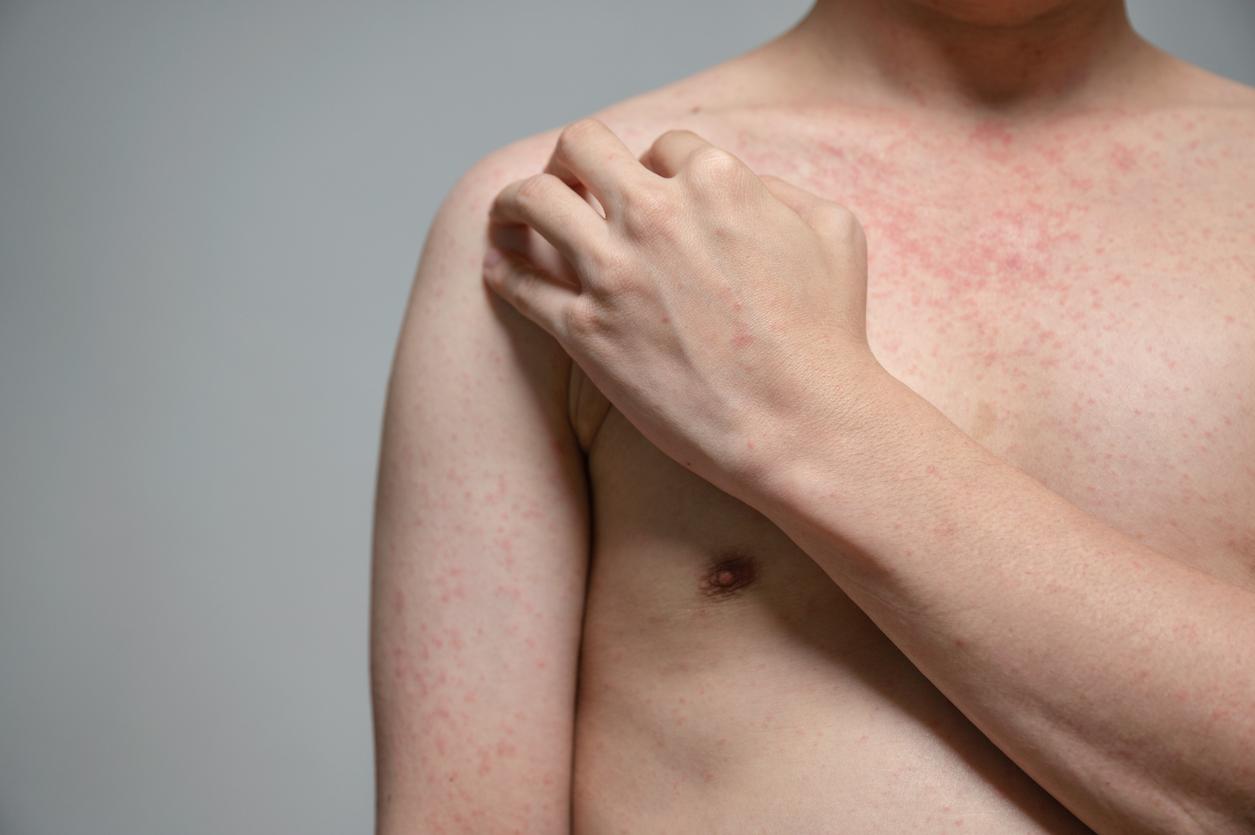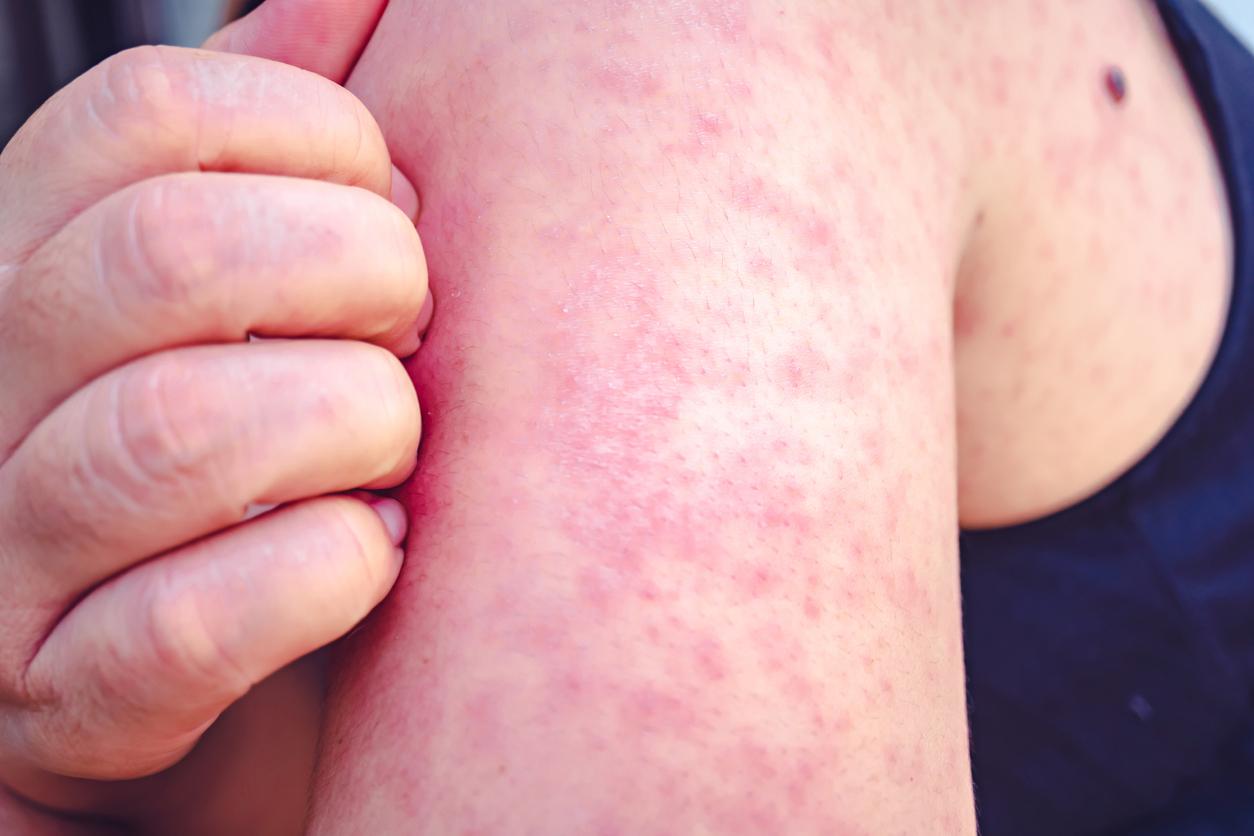The Regional Health Agency of the Nouvelle-Aquitaine region warns about measles: 16 cases have been identified at the university and 77 in the region since November 2017. It is too much for a disease which should have disappeared with MMR vaccination, very well tolerated and very effective. Especially since it comes back by touching young adults.

According to the Regional Health Agency of Nouvelle-Aquitaine, 16 cases of measles were identified in December on the Bordeaux university campus and 38 new cases throughout the Bordeaux agglomeration. A total of 77 cases have been identified there since November 2017, including 12 hospitalizations.
Measles is an infectious disease caused by a highly contagious virus that previously affected mainly small children from 5–6 months old. This is no longer the case: a third of the reported cases concern people over 15 years old. However, cases of measles in adults are potentially more dangerous.
Germs strike groups
Measles is an infectious disease of viral origin, rash and highly contagious, linked to a “paramyxovirus”. It is transmitted mainly by air, for example when a contagious patient coughs, it sends virus-infected micro-droplets of saliva into the air. It is also possible to get measles after contact with a surface contaminated with nasal secretions and sputum.
To spread, the virus therefore likes promiscuity, meetings. What could be more favorable than a student campus? It is from that of the university campus that the Bordeaux epidemic started. The contagiousness phase begins the day before the onset of the first symptoms and extends up to 5 days after the onset of the appearance of pimples. Thus, a contaminated person, according to specialists, contaminates 15 to 20 others.
The only protection: vaccination
The only way to avoid getting measles is to get the vaccine. Very effective, vaccination is only contraindicated in allergic to egg white, in immunocompromised, and during pregnancy.
Traditionally, the vaccination schedule consists of the injection of a dose of MMR vaccine (Measles, Mumps, Rubella) at 12 months and then a second injection between 16 and 18 months. For people who have never been vaccinated against measles, a catch-up is possible. It consists of injecting two doses of the vaccine at least one month apart.
In the event of an epidemic, it is possible to receive the vaccine for up to 72 hours after having been in contact with a person suffering from measles to prevent the onset of the disease (catch-up vaccination).
A failure of the vaccine policy in France
In 1980, before vaccination became widespread, there were 600,000 cases of measles in France. The current measles epidemic shows that France is still endemic to measles and that it is not immune to a new large-scale epidemic because the 2017 infection map shows that the diagnoses are distributed rather homogeneously over the territory.
The scenario of an epidemic is all the more credible when the vaccination coverage is too low. Only 79% of 2-year-old babies are vaccinated. However, with a virus at the level of contagiousness of the measles “paramyxovirus”, it would be necessary to reach 95% of vaccination coverage in order to prevent any circulation of the virus in France.
Vaccination coverage needed in Europe
France is far from isolated in the face of this resurgence of measles. Our Italian, Belgian and German neighbors have faced a sharp rise in cases. Further east, Romania must also fight a very active epidemic.
In Europe, a measles elimination plan was therefore put in place between 2005 and 2010. We speak of elimination when no epidemic – even a small one – takes place for a year or more. It is based on vaccination, hence the logic of compulsory vaccination in France from 2018.
Measles is not a mild illness
The Nouvelle-Aquitaine Regional Health Agency declares that, out of the 77 cases identified since November 2017, twelve have led to hospitalization, i.e. more than one in 6! During the 2011 epidemic in France, more than 15,000 people were infected and 10 deaths had been recorded. Since 2008, more than 23,000 cases of measles have been declared in France and more than 1,000 cases of measles have led to complications and sequelae.
Measles can become more complicated, especially in infants or frail people, and lead to hospitalization. It is first of all a pneumonia related to a superinfection by a bacterium. It is a serious infection of the lung which can lead the patient to intensive care. Then there is a risk of viral infection of the brain (“encephalitis”). These complications can lead to death and lead to lifelong pulmonary and neurological sequelae.
Mobilization of families and doctors necessary
In view of this situation, Public Health France recommends that families and health professionals be vigilant. Measles has once again become a notifiable disease in France. When faced with measles, the immunization schedule for relatives must be systematically checked. If the schedule is incomplete, catch-up vaccination or post-exposure prophylaxis will help stop the spread of the virus.
For almost 15 years, surveillance has helped bring down the number of cases and reduce the peaks of the spring epidemic. The cases of the Aquitaine Region show that these efforts are in the process of being erased by the resistance of some to vaccination … while the MMR vaccine does not even contain aluminum.

.









